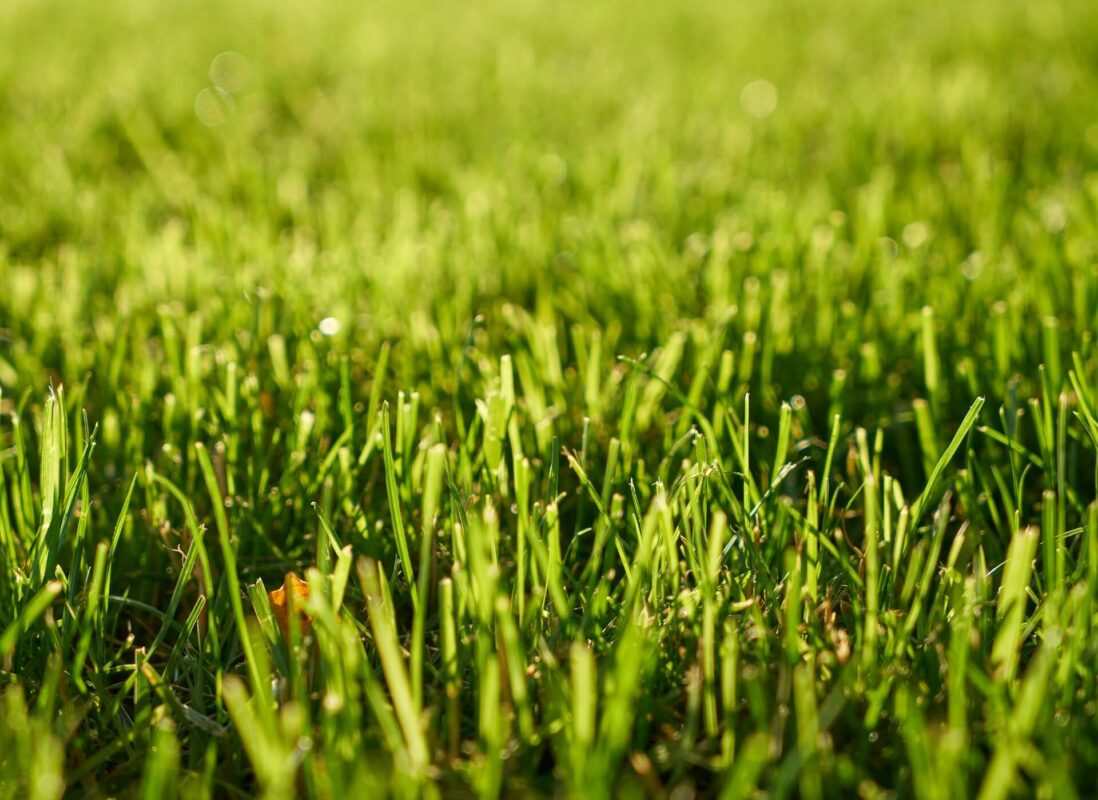Best Pasture Seed for the Midwest

Why Choosing the Right Midwest Pasture Seed Matters
Pasture seed allows livestock and other animals to graze and get the nutrients they need. In the Midwest, selecting the right pasture seed varieties is important because different plants thrive better than others in this region of the US. Whether you’re looking for pasture grass seed, clover, or alfalfa, there are a lot of great options available. Be sure to check out our Heartland collection, which includes premium pasture seed products for the Midwest.
Key Factors to Consider When Selecting Pasture Seed for the Midwest:
Before purchasing a pasture seed mix, pay attention to factors like local climate, soil type, livestock needs, seasonal growth, and hardiness.
Climate
The Midwest is a humid continental climate that experiences all four seasons. These frequent—and often extreme—changes in weather and temperature can greatly affect the type of pasture seed you choose. For example, ryegrass doesn’t overwinter well, so it’s not the best choice for the Midwest.
Soil Type
The Midwest is home to many different types of soil, so make sure to pair pasture seed varieties with soil type for optimal growth. Clover does well in sandy or loamy soil, while most grasses require loamy soil.
Livestock Needs
Choose pasture seed varieties depending on the type of livestock in your area. For example, cows, hogs, and poultry all have different nutritional requirements. Cows have complex stomachs allowing them to digest most pasture seed, while hogs are omnivores and require a more diverse diet.
Seasonal Growth
Balancing cool-season and warm-season grasses and other plants can be tricky, but it’s essential when choosing pasture seed.
Drought Resistance and Water Management
While the Midwest typically receives plenty of rainfall throughout the year, many pasture seed plants still require regular watering. Some grass seed varieties like fescue are drought tolerant and require less watering.
Weed and Pest Resistance
Some pasture seed varieties are more vulnerable than others. While clover is very pest—and weed-resistant, many pasture grass seeds are not.
Top Recommended Pasture Seeds for Midwest Farms
There are many different types of Midwest pasture seed that work well for grazing animals, but here are a few that stand out.
- Alfalfa
Alfalfa is a great choice because of its high protein content. Some farmers also plant alfalfa as a cover crop between harvest crop seasons.
- Rice Cut Grass
Although it’s a cool-season grass, rice cut grass flowers later in the summer than others. This makes it a nice pasture seed choice for the midwest because seeds often ripen in the fall.
- American SloughGrass
American sloughgrass is a popular choice for cows and horses and does very well in wetland habitats throughout Illinois and Missouri.
- Berseem Clover
Berseem clover is an excellent pasture seed and cover crop in the Midwest. It grows well with alfalfa, doesn’t cause bloating in livestock, and works with a variety of soil types.
- Arrowleaf Clover
Arrowleaf clover is another great choice for pasture seed in the Midwest. It’s drought-tolerant, can be made into hay, and is attractive to turkeys and other poultry.
Benefits of Using a Seed Mix
Sometimes the best choice for pasture seed is a mix, rather than one singular variety. For example, a mix containing a variety of grasses and clover will offer animals a more balanced diet than grass seed alone. Pasture seed mixes are also great for soil preservation, fertilization, and pest prevention.
How to Maintain a Healthy Midwest Pasture
- Avoid overgrazing
Pay attention to your pasture and keep track of where animals are grazing.
- Schedule periods of rest
Another way to avoid overgrazing is to let the pasture rest after a certain period of time. Rotational grazing will help keep the pasture healthy.
- Manage weeds
Some weeds like hemlock and buttercup can be toxic to livestock, so be sure to implement weed management in your Midwest pasture.
- Test soil health
Test your soil every year or so to make sure pH levels and nutrition are on track. If needed, add amendments like lime or sulfur to help improve soil health.
Best Practices for Planting Pasture Seed in the Midwest
If you’re a Midwest farmer, you probably understand the complexities of planting and maintaining a good crop. Still, here are a few tips to keep in mind when dealing with pasture seed specifically:
- Most pasture seeds should be planted either in the spring or fall, depending on cool-season and warm-season varieties. Berseem clover for example should be planted sometime after April 15th.
- Prepare the soil by tilling it and removing existing weeds or other vegetation. This is also a good time to test your soil and add any amendments that might be needed.
- Plant pasture seed ¼ to ½ inch deep and water regularly. Planting deeper than ½ inch can make it difficult for pasture seed to emerge.
- Watch for germination. To protect your newly planted seed in the early stages, you may need to cover it with more soil or mulch. Fencing in the pasture will also protect it.
- If you’re planting a cover crop as a pasture seed, stay on top of your harvest crop schedule. In the Midwest, most cover crops can be planted in the fall.
Find premium-quality pasture seed at Nature’s Seed, and give your livestock and wildlife the pasture they deserve.

